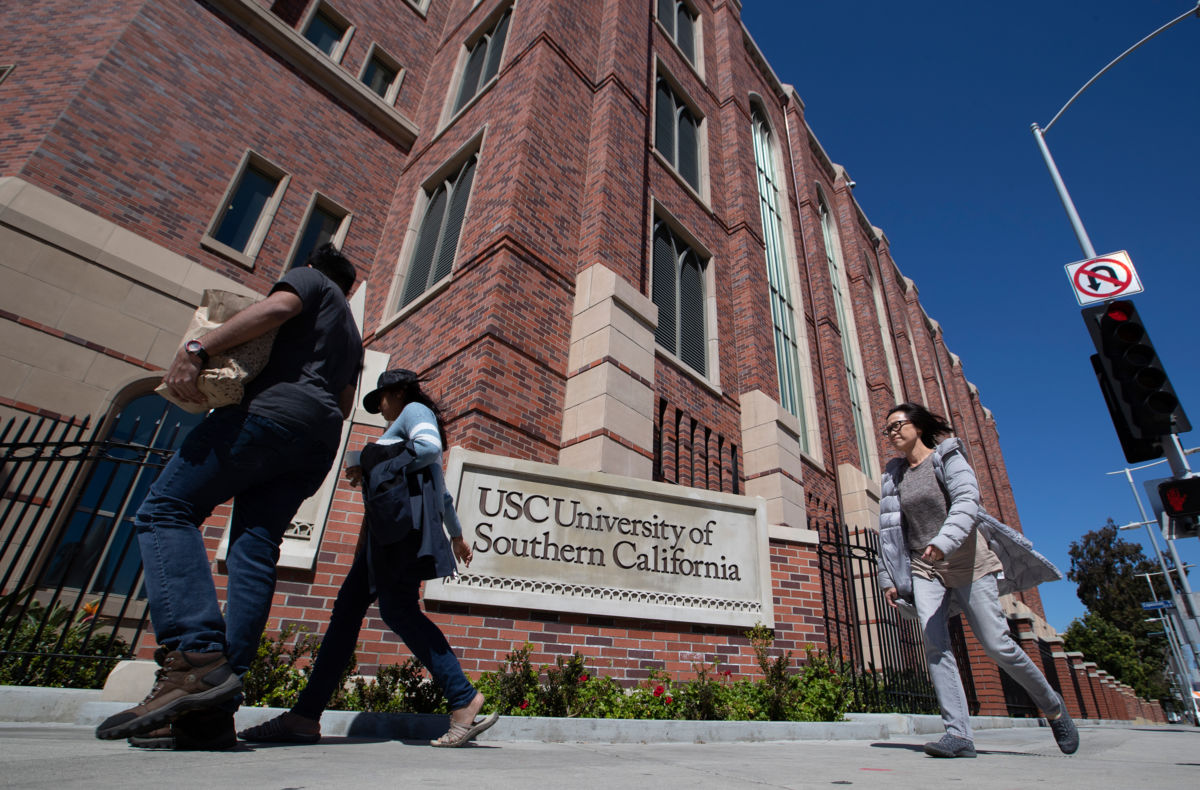Support justice-driven, accurate and transparent news — make a quick donation to Truthout today!
The college cheating scandal involving multiple U.S. universities may have a number of consequences when it comes to the future of college admissions. One potential impact has disabled students very worried: the possibility that the incident may be used as a pretext to crack down on legally-mandated disability accommodations.
One of the ways the scam’s coordinators smoothed the way for students who couldn’t get into college in their own right — or who had parents that wanted a guaranteed pass — was to make a false claim that a student had a learning disability. This made it possible to get into an SAT testing center with a cooperative proctor who would look the other way and enable cheating.
In other words, students and their families were faking disability, along with the collusion of medical providers, in order to leverage the system that allows disabled students to receive accommodations.
Accommodations are not “special treatment.” They are simply adjustments that accommodate the fact that a disability may change the way someone interacts with the world.
For example, people with low vision may need large print on written materials, while people with learning disabilities might need more time on tests. Similarly, a student who uses a wheelchair for mobility needs spaces they can easily access and navigate.
A framework of legislation and caselaw including the Americans with Disabilities Act, Individuals with Disabilities Education Act, and Section 504 of the Rehabilitation Act mandates that schools, employers and other entities provide “reasonable” accommodations.
But getting them is often a fight in any context, including in schools.
Disabled students may be required to provide documentation that details the nature of their disabilities and what they may need. Other students may resent them for the legally-entitled accommodations they receive, while teachers and staff sometimes question or mock disabled students, refusing to comply with accommodation plans or requests from students and parents.
And as seen in other areas where people fake disability to access a perceived benefit — like spurious “emotional support animals” that are really just pets, not emotional support or service animals – nondisabled people taking advantage may make it harder for disabled people to get what they need.
If SAT and ACT testing centers start cracking down on disabilities, for example, students without the resources to document their needs and fight for them may get left out.
Some may be tempted to respond to the scandal with the argument that clearly college entrance tests need to be administered more strictly, and that disabled students need to provide more proof of their impairments and accommodation needs. But that would be a mistake.
The requirements are already so rigorous that some disabled students can’t even receive them, instead toughing it out and suffering lower scores as a result. The problem here lies with a deeply broken college admissions system, and with hyperfocus on getting children into a small number of big-name schools that have artificially limited admissions to make their degrees more elite.
Another clear obstacle is wealth and privilege, something that can’t be offset by making it even more difficult to get basic testing accommodations.
As you talk about this scandal with other people, think about how you use language. Try to avoid demonizing disabled people who genuinely need testing accommodations. It’s legitimate to be furious at people who faked disabilities to get an advantage — but the issue here isn’t the accommodations, it’s the people.
And think about these issues more generally when you’re talking about subjects related to disability accommodations. Do you hear yourself or others saying that accommodations are “special treatment” or “too burdensome”? Imagine how you would feel if someone said it was too much effort to ensure you were included as a full participant in society — if, for example, Deaf people were constantly complaining about how difficult it is to accommodate hearing people when all they need to do is learn ASL.
Take that feeling with you into conversations about accessibility and use it to inform your advocacy: Everyone belongs in society and has a right to autonomy and independence, even if they’re neurotypical or walk on two legs instead of using a wheelchair for mobility.
Press freedom is under attack
As Trump cracks down on political speech, independent media is increasingly necessary.
Truthout produces reporting you won’t see in the mainstream: journalism from the frontlines of global conflict, interviews with grassroots movement leaders, high-quality legal analysis and more.
Our work is possible thanks to reader support. Help Truthout catalyze change and social justice — make a tax-deductible monthly or one-time donation today.
